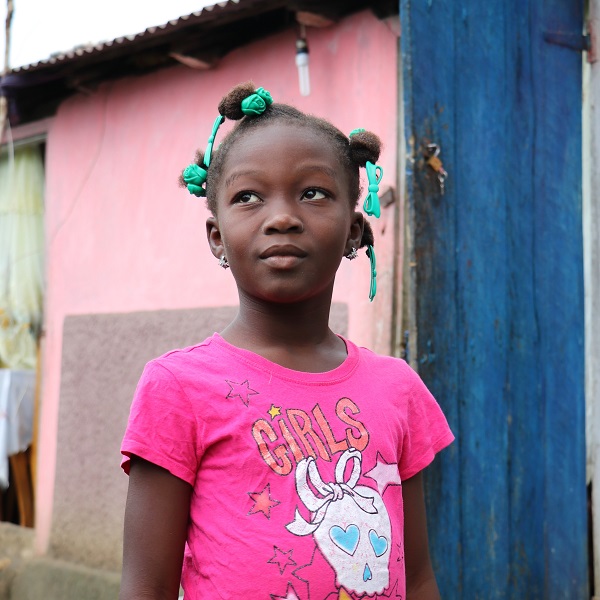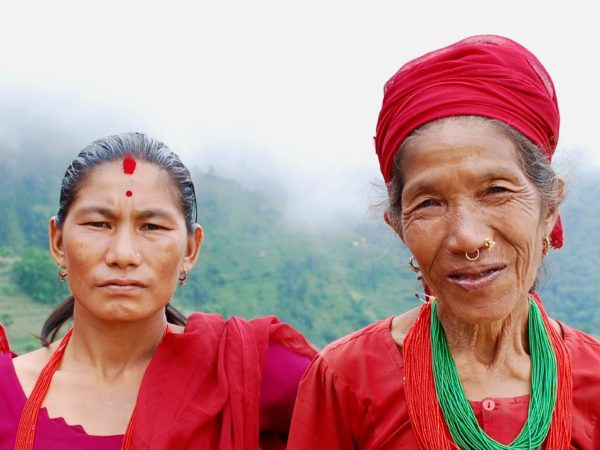Impact
Communities Voices Amplified | Global Policy Shifted | Research Exposing Actionable Data
Through our work supporting communities, we have impacted the lives of millions of people facing human rights and environmental abuses. The type of support we offer depends on the community request, ranging from deep, multi-year accompaniment through a complaint process and the follow up, to a more limited review of key documents. These cases where communities have received our deeper support exemplify how communities have used accountability offices to demand justice and win.
- Haiti: In Northeast Haiti, we supported hundreds of Haitian farmers and their families, representing nearly 4,000 people, to reach an historic, negotiated agreement with their government and a development bank concerning the taking of their farmland for the Caracol Industrial Park. The agreement provides for remedial support with a combination of land, employment opportunities, agricultural equipment and training, and support for micro-enterprise focused on women and the most vulnerable members of the community. We are continuing to work alongside the farmers to ensure that the promise of this agreement is delivered and their livelihoods are restored.

Loudrigeka’s family and community organized, negotiated and came to agreement in 2018.
- Mexico: In villages in Oaxaca, we achieved an historic, negotiated cessation of a hydroelectric project that was destroying water and livelihoods for four Indigenous villages through a dispute resolution process. As a direct result of our work, the thousands of people that make up the communities of Santa Ursula, Paso Canoa, Cerro de Oro and Los Reyes have access to clean water through their creek, Arroyo Sal, and all of the cultural and environmental resources it provides.
- Mongolia: In the South Gobi, we supported nomadic herders to achieve a landmark set of agreements to remedy harm caused by a massive mine, reached through a voluntary, multi-year negotiation process between nomadic herders, Rio Tinto, and local government officials. The agreements have entered implementation phase, with progress so far including 37 university scholarships provided to herder children creating transformational educational opportunities, 114 new compensation packages approved for households that were physically or economically displaced by the mine, 10 herder wells furnished with solar pumps, and more.
- Myanmar: In Myanmar’s Tanintharyi Region, we supported Conservation Alliance Tanawthari to successfully halt a top-down conservation project financed by the UN Development Programme that would have put Indigenous Karen communities, who have lived in and sustainably managed the area for generations, at risk and violated their right to free, prior, and informed consent.
- In Papua New Guinea, Colombia, India, Nepal, and Liberia, our work has resulted in compliance investigations that have documented harm from investments, showing how due diligence policies meant to prevent that harm were violated. Through the accountability process, independent accountability offices have published transparent, public reports that have confirmed these non-compliance findings.
Our policy work has improved the policies and practices of every major multilateral development bank, four U.S. federal agencies, and has been instrumental in the establishment of two new complaint offices at United Nations agencies that finance development projects. Accountability Counsel’s work is the reason that the new U.S. International Development Finance Corporation is mandated to have an accountability office to address community feedback about harm. As a result of our Policy work, more communities around the world have access to independent, fair and transparent accountability offices where their voices can be heard. Each of our policy pages detail specific Accountability Counsel recommendations made to each institution and track their adoption.
Our research includes in-depth research to support our community cases, large-scale data analytics about our field, the development of a public database of all complaints every brought to every accountability office, and the creation of a comparison tool for the policies of each accountability office. Our research is, for the first time, exposing patterns that show advocates, policy-makers, and the institutions themselves best practice and where improvement is needed most.
Alongside this work, we have become a resource hub for organizations, corporations, and institutions working to improve accountability policy and practice.
Ten years after our founding, we remain the world’s only organization with a primary focus of supporting communities to effectively use accountability offices and ensuring that these offices are transparent, fair, and independent tools for justice.
We invite you to learn more about our impact on each case and policy page and through our Annual Reports.

